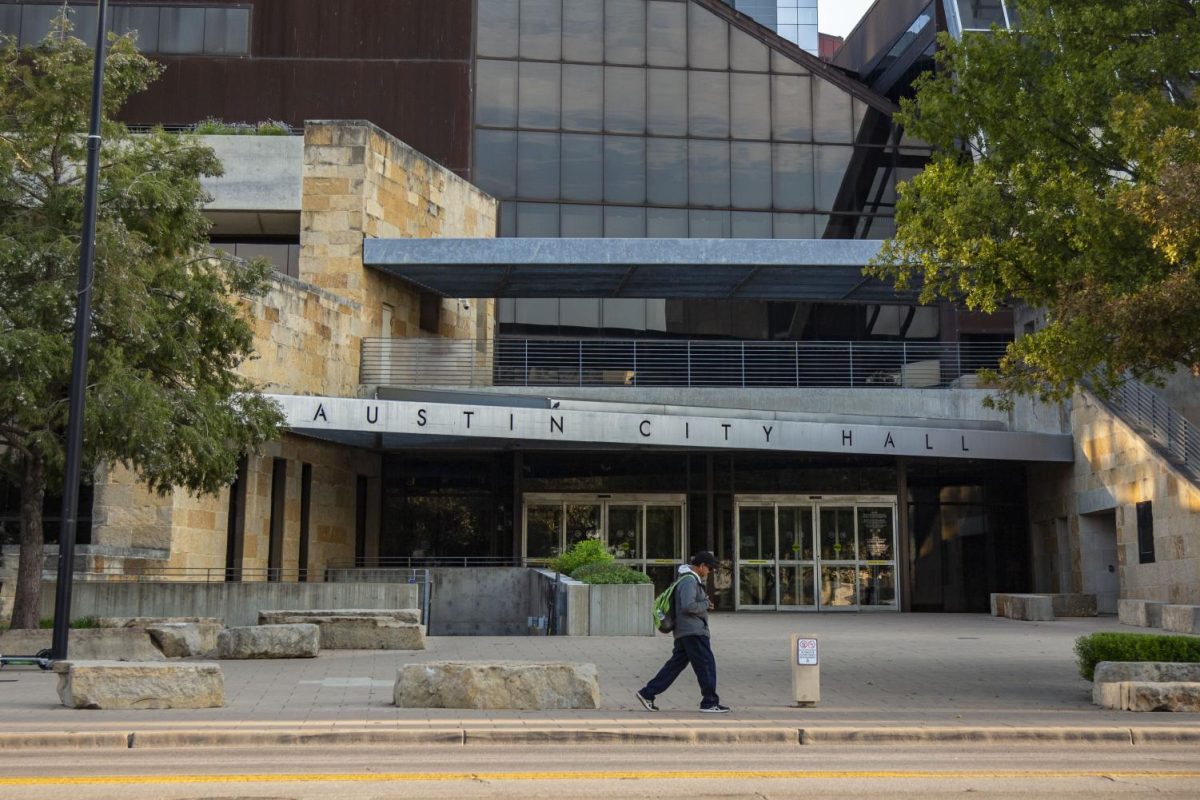The city proposed a change to Austin’s current housing restrictions by altering single-family zoning at the Oct. 26 City Council meeting, where many UT students spoke about the potential changes.
Pitched by council member Leslie Pool, Austin’s Home Options for Middle-Income Empowerment Initiative, or HOME initiative, hopes to increase housing supply and therefore housing affordability to meet Austin’s growing demand.
“The home initiative is a shining opportunity for the city of Austin,” said economics junior Shiv Mistry at the meeting. “The HOME initiative is more than just the home initiative for myself and thousands of other Austinites — it is the hope initiative. It is the hope that our friends and neighbors won’t have to leave in search of affordability. It is the hope that dreams won’t have to be sacrificed to put a roof over our heads. It is the hope that the American dream is still alive.”
The current zoning plan prevents smaller lots from subdividing into smaller housing options like duplexes and townhomes. According to the proposal, the new resolution plans to shrink the minimum subdivision lot size to 2,500 square feet, allowing up to three units per lot and removing restrictions on the number of adults per unit in single-family zoning, which makes up approximately 40% of Austin.
“It represents a real political shift in Austin because for years and years, decades and decades, such a move would have been totally unimaginable,” said Jake Wegmann, an associate professor in community and regional planning.
Wegmann said the single-family zoning went into effect decades ago, practically blocking single-family neighborhoods from changing to match Austin’s growth. He said this shield around the neighborhoods holds up as one of the most important planning regulations.
Wegmann said this proposal diversifies the options for starter homes, and it could bring more rental options for students in the long run.
At the council meeting, business junior Brian Pena, a member of West Campus Neighborhood Association, said students have the same right to affordability as other residents.
“We have so many (West Campus Neighborhood Association) members that are terrified about the future,” Pena said at the meeting. “They know that at the end of their time at UT, they’re going to have to make the decision of whether they’re going to have to move farther and farther away from a place that they have jobs in, a place that they love, a place that they have made home or they’re going to have to move somewhere completely different.”
Wegmann said the question of construction even happening if restrictions are removed hasn’t been answered. He said other big cities, including Portland and Minneapolis, saw similar resolutions and had various responses. He said homebuilders have possibly been waiting for this proposal, but they would need to balance economic conditions, interest rates, construction costs and house prices.
District 1 resident Jasmine Kelly said the proposal could mark the beginning of increased housing equality.
“There might be some other steps we need to close that deal,” Kelly said in the meeting. “But I believe that by taking this first step, it makes those other steps easier because if you don’t put your first foot down, how are you gonna get to the end of the road?”














